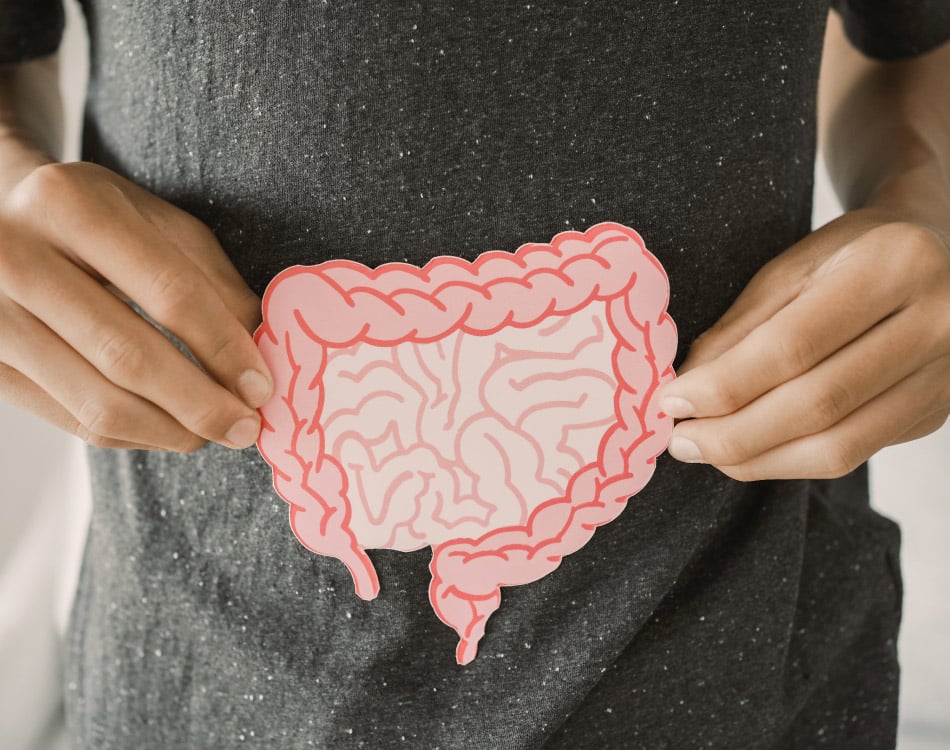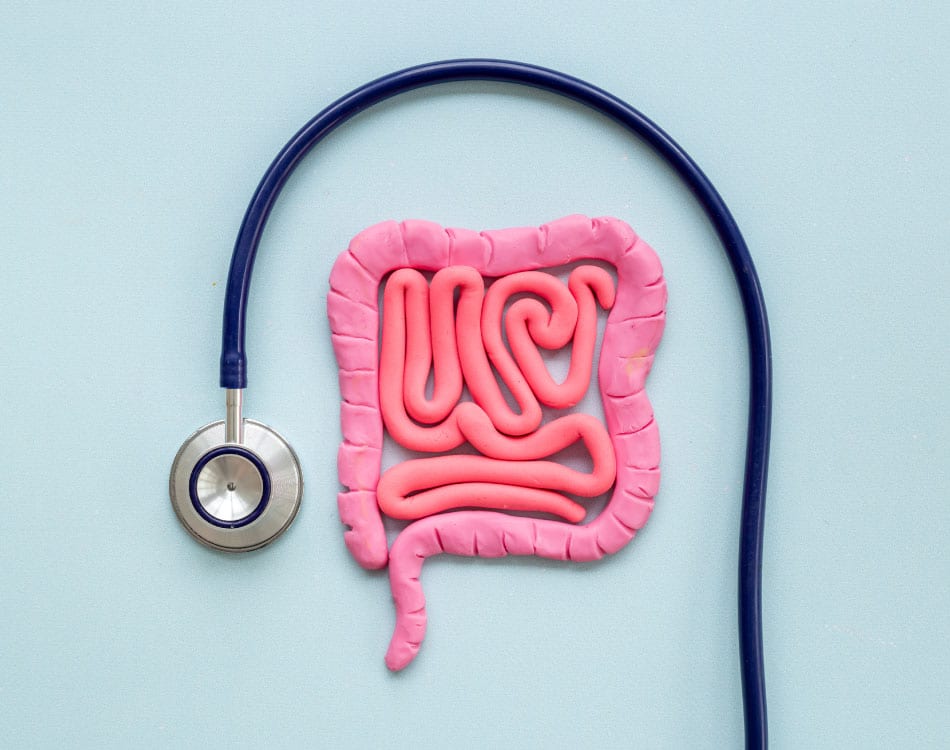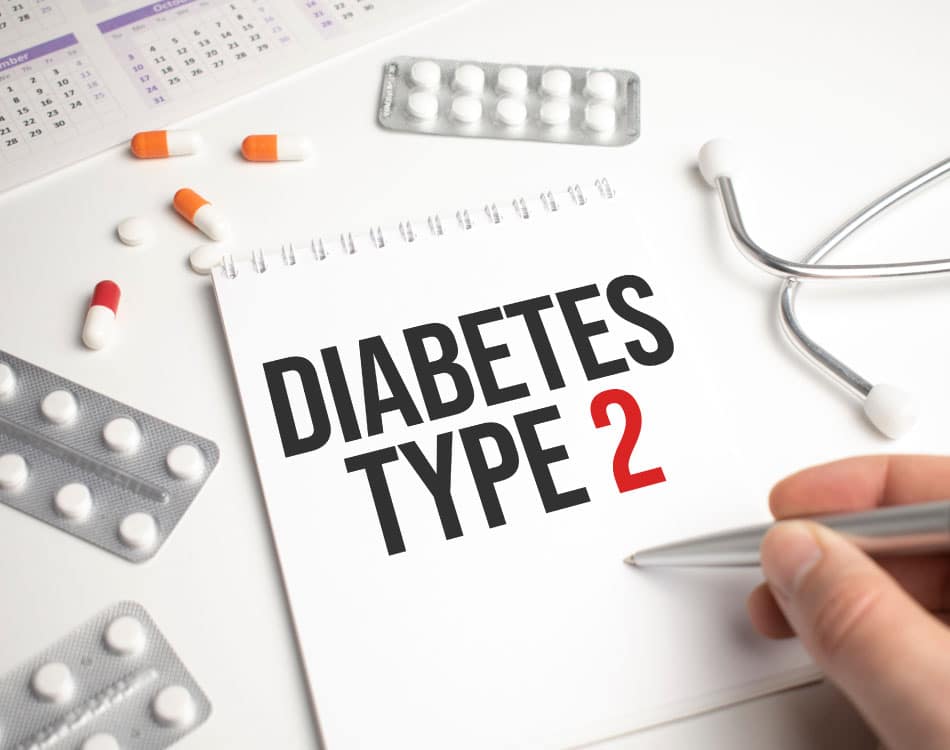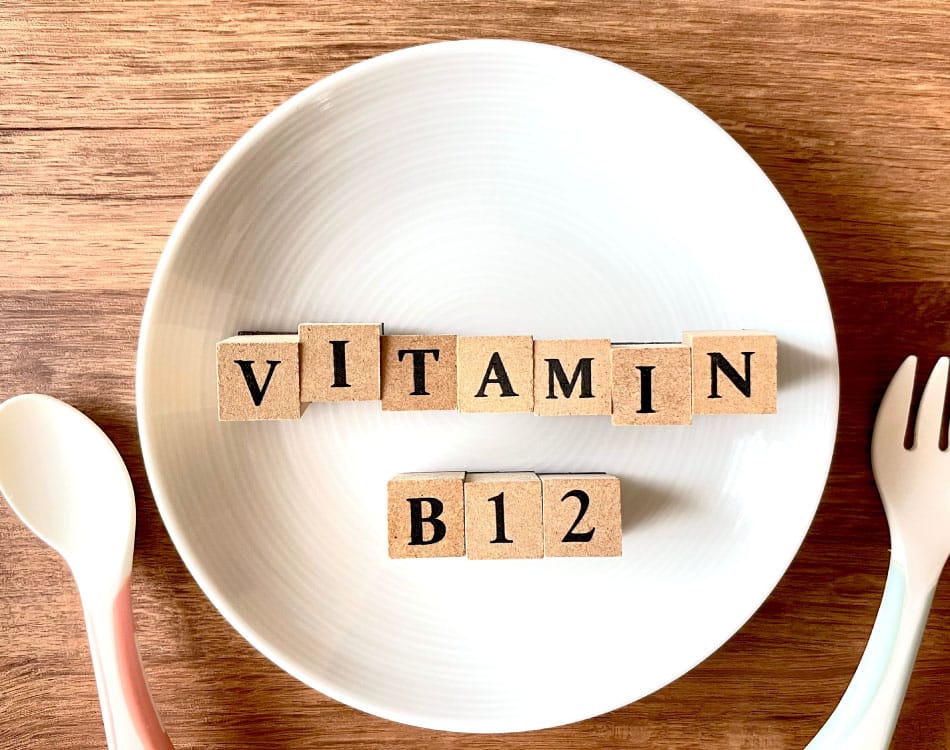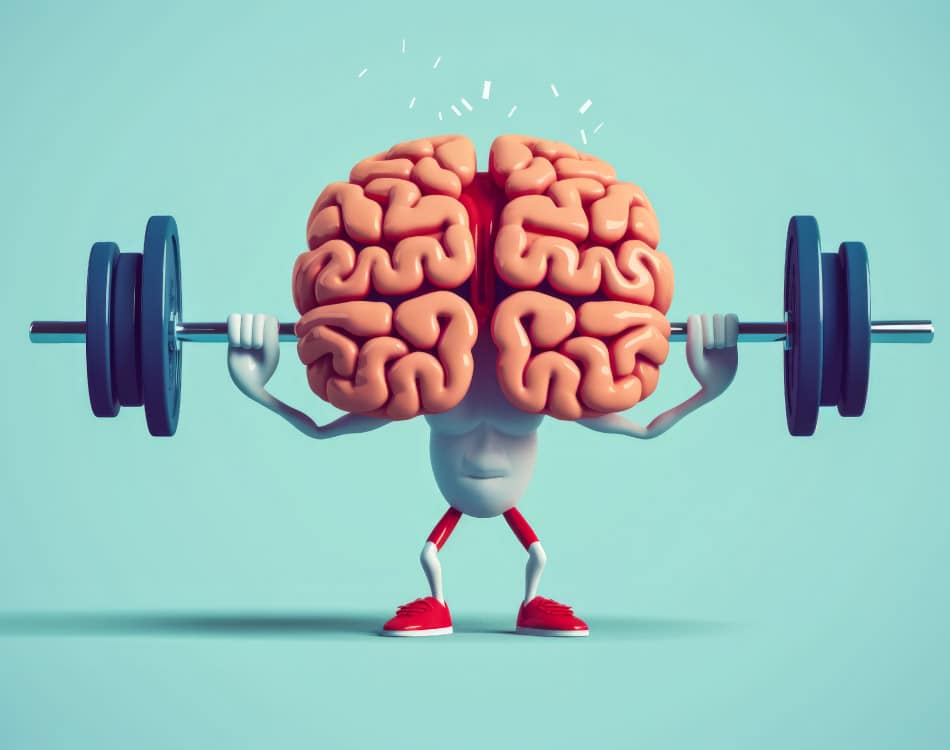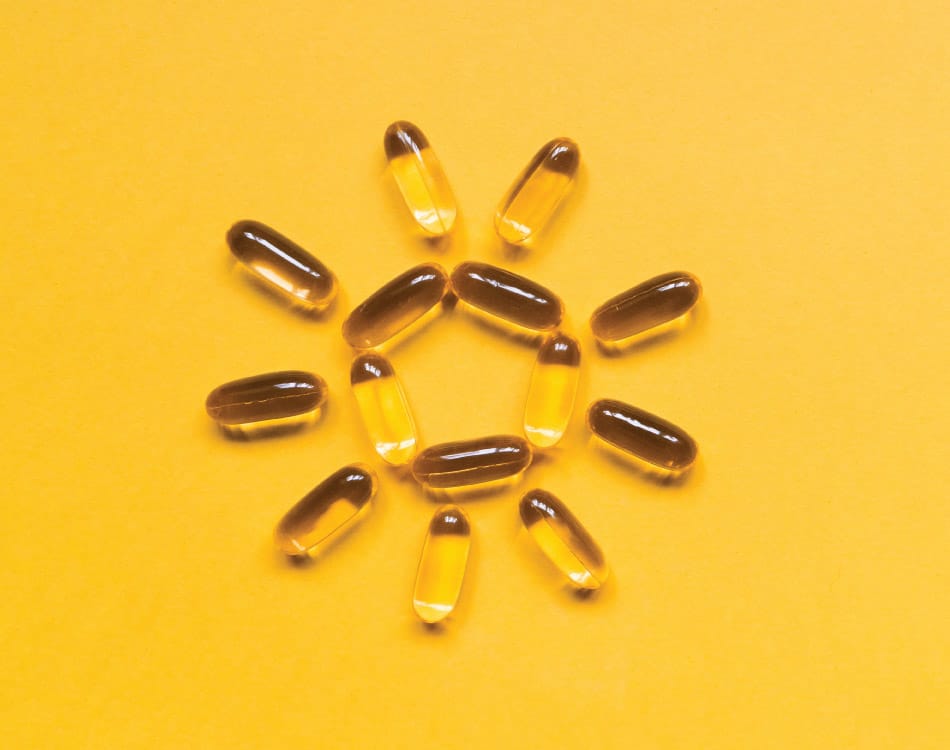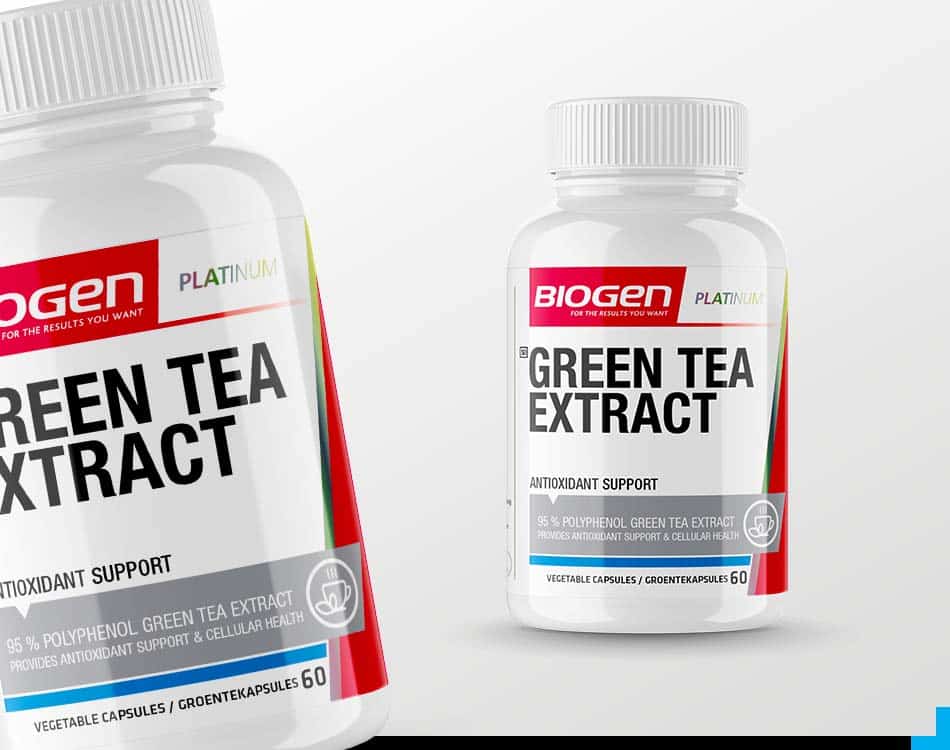Working to cleanse your gut helps to create an efficient and effective digestive system, which is essential for optimal health because a balanced and nutritious diet is only as good as the nutrients your body can absorb.
The gut – your stomach, small and large intestines and colon – is vital to the digestion process as these organs process and absorb the minerals, vitamins, electrolytes and water from the food and drink you ingest. Your gut also works to remove waste and toxins from your body through elimination.
If your body is unable to process the wholesome food you eat and absorb the nutrients it contains, even the most healthful diet won’t deliver its potential benefits.
READ MORE | The Right Way To Detox (+ A 5-Step Plan)
Don’t chase gut cleansing quick-fixes
In our attempt to improve our digestion and overall gut function, some people turn to gut reset plans or colon cleanses for a short-term fix. However, there is very little research to support the effectiveness of these approaches.
A simpler way to cleanse and support your gut and get your digestion working as it should entails a combination of healthful eating, adequate hydration, regular movement and exercise, and an intelligent supplement plan.
These gut-cleansing principles offer a sustainable approach to gut health that you can (and should) apply year-round to create a healthy gastrointestinal (GI) tract for life.
READ MORE | Spring Clean Your Diet With These Healthy Food Swaps And Diet Techniques
Start your gut cleanse with what you eat
Cleaning up and refining the composition of your diet is a vital first step when creating a gut-friendly lifestyle.
Start by eliminating problem foodstuffs that feed ‘bad’ bacteria, cause inflammation and build up toxins in the gut.
Aim to eliminate foods and drinks that contain:
- Refined and processed carbohydrates
- Added sugars
- Foods high in trans and manufactured fats, such as processed meats
Focus on creating a well-balanced diet that contains a predominance of natural whole foods with sufficient sources of natural fibre. Fibre is vital for optimal gut health and function as it helps bulk up the matter in the colon to firm up your stool. Probiotics – the beneficial gut bacteria – also feed on different forms of fibre.
The ideal foods to cleanse your gut include:
- High-fibre foods including vegetables, fruits, nuts, seeds, and whole grains
- Fermented foods that contain natural probiotics like sauerkraut, kefir, kimchi and yoghurt
- Psyllium husk, a source of fibre from seeds that can help cleanse the gut and treat constipation
- Leafy green vegetables, such as spinach or kale
- Foods rich in polyphenols, such as dark chocolate, red grapes. almonds, onions, green tea, broccoli, and cocoa
- Brightly coloured vegetables, such as peppers, carrots, or eggplant
- Complex carbohydrates such as sweet potatoes
- Olives and olive oil
- Oily fish and lean proteins
READ MORE | Scientific Support For Intermittent Fasting Grows
Consider meal timing and frequency
But it is not only what you eat that matters. When you eat can also positively impact your gut health.
A growing body of evidence-based research affirms that intermittent fasting is beneficial for gut and overall health.
Intermittent fasting requires that you eat your three balanced meals within a specific timeframe and fast for the remainder of the day. The 16:8 diet is a popular option. It entails eating all meals within an 8-hour window and fasting for the remaining 16 hours.
Another popular option is the 5:2 diet, which is an intermittent fasting regimen that allows you to eat normally for five days while restricting calories for two days a week.
This way of eating addresses the issues that 24/7 food availability creates in our modern lifestyles. With constant access to food, we seldom give our digestive systems time to rest, recover and reset.
A recent study supports this viewpoint. The 2021 review1, published in the American Journal of Physiology, suggested that fasting may provide a period of “gut rest” that could lead to several meaningful health benefits, including improved gut microbe diversity and gut barrier function.
In another study2, researchers at Erasmus University Medical Center in the Netherlands found that intermittent fasting resulted in an increase in a beneficial type of gut bacteria called Lachnospiraceae that improved gut health.
(Note: Intermittent fasting is not suitable for anyone who is pregnant or breastfeeding, or has a history of disordered eating)
READ MORE | Sweat Science: How Conventional Thinking Around Optimal Hydration Is Shifting
Lubricate your gut with proper hydration
Drinking sufficient water and staying properly hydrated is a simple and effective way to support your gut by improving and regulating your digestion.
Drinking eight glasses of room temperature or lukewarm water every day can support your body’s natural gut cleansing processes.
Other forms of liquid can also support better gut health, like lemon water with honey and a pinch of salt, ginger-infused water or herbal teas made from substances that have a laxative effect, such as psyllium, aloe vera, and marshmallow root.
Drinking this warm water or other home remedies on an empty stomach in the morning is generally recommended to aid digestion throughout the remainder of the day.
READ MORE | What’s The Difference Between Good And Bad Gut Bacteria? We Explain
Give your gut what it needs
Adding a probiotic supplement to your daily routine can support your wholesome and balanced diet and offers another potential way to improve gut health and support natural gut cleaning activities.
Using a product that offers diverse probiotic strains may help to rebalance your gut flora, which can improve aspects of gut health like frequency and regularity of your bowel movements and alleviate bloating or gas.
Supplemental digestive enzymes may also boost your gut health and function by helping to break down food and improve overall digestion and absorption.
While natural foods like fruits and vegetables contain digestive enzymes, modern farming, food preservation and storage practices and cooking can remove vital enzymes from these foods. As such, supplements offer a convenient way to support your gut health by providing an additional source of these beneficial organisms.
READ MORE | Stop Stressing Out! Exercise To Manage Stress In Today’s Hectic Lifestyle
Minimise stress to aid your gut
Stress in all its forms – physical, psychological and environmental – has a negative effect on the gut.
These factors could include diet-derived stress (eating processed and refined foods and ingredients that can inflammation), work or relationship stress, intense or prolonged exercise, a lack of sleep, or chemicals from the environment, various household products and from smoking.
You can help to improve gut function by minimising or managing your stress by using breathing exercises, practicing meditation and mindfulness, or engaging yoga or massage.
It is also important to only take medications when absolutely necessary as many substances can impact your microbiome, especially antibiotics.
READ MORE | These Potential Health Benefits Of Exercise Run More Than Skin Deep
Get more activity
Regular movement and physical activity is important, too. But you don’t need a gym contract or engage in intense training to benefit.
Walking and yoga are some of the most effective forms of activity you can use to help improve your gut health and digestive function.
For instance, a study3 published in the Journal of Gastrointestinal and Liver Diseases in 2008 determined that a short walk was more effective than espresso or an alcoholic digestif at aiding digestion as it decreased transit time through the gut.
Yoga is another beneficial activity as various poses that bend, fold, arch, stretch and twist your torso, which helps to stimulate, aid, and encourage good digestion to support your gut-cleaning efforts. And it is a great way to manage stress.
5 yoga postures that may help to relieve digestive discomfort and support gut cleansing include:
- Extended puppy pose
- Ardha Pawamuktasana (half gas release pose)
- Reclined supine twist
- Cat-Cow Pose
- Revolved triangle pose
References:
- Alex E. Mohr, Eric Gumpricht, Dorothy D. Sears , and Karen L. Sweazea. Recent advances and health implications of dietary fasting regimens on the gut microbiome; American Journal of Physiology-Gastrointestinal and Liver Physiology, 13 May 2021, https://doi.org/10.1152/ajpgi.00475.2020
- Vojinovic, D., Radjabzadeh, D., Kurilshikov, A. et al. Relationship between gut microbiota and circulating metabolites in population-based cohorts. Nat Commun 10, 5813 (2019). https://doi.org/10.1038/s41467-019-13721-1
- Andreas Franke, Hermann Harder, Anna K Orth, Sabine Zitzmann, Manfred V Singer; Postprandial walking but not consumption of alcoholic digestifs or espresso accelerates gastric emptying in healthy volunteers; Journal of Gastrointestinal and Liver Disease; 17 March 2008; PMID: 18392240

